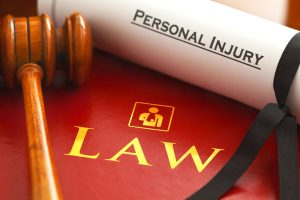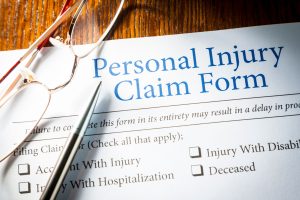Florida has one of the worst track records for safety of its bicyclists and pedestrians. Talking to a Palm Beach injury lawyer as soon as possible following bicycle accidents or pedestrian accidents is important to begin building a case that maximizes your chance of obtaining fair compensation against the negligent drivers who inflicted harm. 
Of the 394,000+ crashes reported in Palm Beach County last year, 10,300 were pedestrian accidents and 8,400 were bicycle accidents, according to the FLHSMV. Of the 3,400 people who died in Palm Beach traffic crashes in 2023, bicyclists comprised 227 of them, while pedestrians accounted for 790. Bicyclists and pedestrians are far more likely than other road users to be seriously hurt or killed when they’re in a crash (compared to other motorists). It’s also exponentially more likely that the drivers involved in pedestrian and bicycle accidents will leave the scene in a hit-and-run.
Investigators conclude a myriad of causal factors in these cases, including distracted driving, speeding, failure to yield or impaired driving. But almost always, it comes down to driver error. And even if the bicyclist or pedestrian was partially at-fault, they can still pursue compensation, so long as their percentage of comparative fault doesn’t exceed 50%. (Even if a bicyclist or pedestrian is half responsible for the accident, they can still collect damages on the other 50% from the at-fault driver – which can be a substantial sum considering how many result in serious consequences like traumatic brain injury, spinal cord injury, broken bones and internal organ damage.)
Avenues of Compensation in Florida Bicycle Accidents and Pedestrian Accidents
Injured bicyclists and/or pedestrians have a few potential avenues they can pursue for compensation.
The first is PIP, or personal injury protection coverage. As outlined in F.S. 627.736, is no-fault protection that provides up to $10,000 in coverage (80% of medical bills and 60% of lost wages up to that $10,000), regardless of who was to blame. The nice thing about PIP is you don’t have to prove negligence. You may be able to collect PIP from the driver’s policy or your own. Even though you weren’t in a car at the time of the incident, your own PIP car insurance will likely still consider the incident a coverable offense if you were struck by a motor vehicle. Continue reading
 South Florida Injury Lawyer Blog
South Florida Injury Lawyer Blog







 When it comes to pursuing financial compensation for motor vehicle crashes, those involving motorcycles are unique in several respects. But one thing that is the same whether we’re talking about a Florida motorcycle accident or a car accident is that you can still recover monetary damages even if you were partly to blame.
When it comes to pursuing financial compensation for motor vehicle crashes, those involving motorcycles are unique in several respects. But one thing that is the same whether we’re talking about a Florida motorcycle accident or a car accident is that you can still recover monetary damages even if you were partly to blame.

